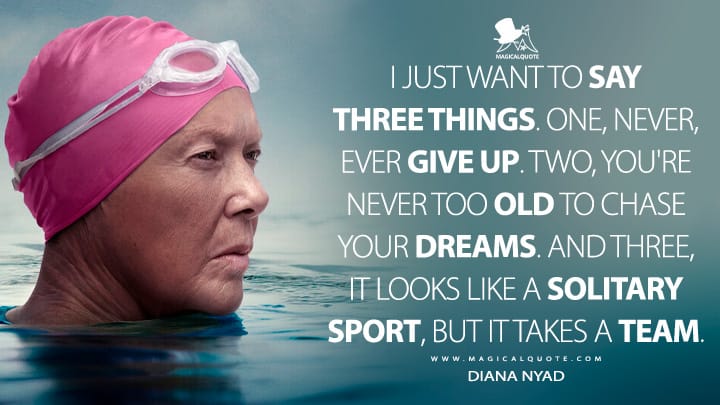013: "Unmask" Longevity and Discover What's Possible as You Age

The longevity discussion can be intimidating or engaging - however you look at it or experience it.
Maybe the science behind it has you stuck.
Let's "unmask" longevity and how I choose to "frame" it - including - but not limited merely to the scientific perspective.
Science is only the beginning of understanding longevity. Without a practical lifestyle application you could be missing out on a vital reset for the second-half of your life.
Longevity science is fundamental but longevity training is where you make it personal.
For our purposes, the greater part of the science of longevity is - with proper training it's possible to accomplish more as you age.
- Embrace the science
- Slow the pace of aging
- Erase years of age related decline
Keep your ear-to-the-ground about longevity
Start by learning from the science. It has much to teach you about longevity and aging.
New knowledge and insights are gaining ground on how to add years to your life.
A breakthrough scientific study on aging conducted by Dr. David Sinclair and referenced in a Time Magazine article "is just the first step in redefining what it means to age."
"Sinclair is the first to acknowledge that it raises more questions than answers..."
“We don’t understand how rejuvenation really works, but we know it works,” he says. “We can use it to rejuvenate parts of the body and hopefully make medicines that will be revolutionary. Now, when I see an older person, I don’t look at them as old, I just look at them as someone whose system needs to be rebooted. It’s no longer a question of if rejuvenation is possible, but a question of when.” 1
The "if-when" scenario and Sinclair's "reboot the system" perspective is incredibly intriguing. His focused research among numerous others is shining new light on what's possible in the realm of longevity.
While I'm learning from the science surrounding longevity and compelled by its potential, my point of view is much more equipped to compel you to develop a longevity mindset (preparing you for whatever science discovers).
Train yourself now - at age 50, 55, 60, 65 and beyond to benefit from longevity - scientifically or otherwise.
Put the brakes on negative aging
Here's where your mindset about longevity applies. The face-it-you're getting-older crowd would have you slow down, dial-it-back, and settle-in.
But why?
Discoveries by the Ohio Longitudinal Study on Aging and Retirement revealed some "staggering" connections between mindset, health, and longevity.
"In this study, a positive mindset toward aging—meaning, “I’m excited about the possibilities in the second half of my life, and I believe my best days are ahead of me”—translated into an extra eight years of healthy longevity. Nor is this just a one-off result. This finding shows up again and again, and is now one of the most well-established facts in the field." 2
The implications are huge.
"If you treat people in their later years—including yourself—as if they’re old, slow and decrepit, this has a direct negative impact on their mental and physical well-being." 3
Train yourself out of the age-decline
It's not merely about living longer but being proactive about living well.
An example from the fitness realm brings perspective.
VO2 Max is used to measure the upper-range of your aerobic capacity. To simplify, think physical movement.
For example, when running or walking up stairs, your VO2 Max determines how long you can sustain movement.
Here's some interesting insight:
"VO2 Max starts to sag in our twenties and falls off a cliff after fifty. For years scientists believed there was nothing we could do about this situation. But then marathoners and triathletes and ultra-runners—in their sixties, seventies and eighties—began to post times that shouldn’t have been possible."
"They discovered that proper training erased fifty years of decline."4
I'm not suggesting that you become an ultra-athlete. But I am challenging you to "train" yourself - however possible and at whatever age you are - to believe that you can do more.
It might be one step more or 10,000 steps each day.
It could be taking the stairs instead the elevator.
It could be reading more instead of mindlessly "scrolling" more.
"Aging is as much a mental event as a physical process." - Ellen Langer, Harvard psychologist
As we wrap-up, let the following motivation from the Netflix movie, NYAD, empower your longevity training mindset:

The more you know about longevity the better equipped you are for it.
- Follow the science
- Fix your mindset on the positives about aging not the negatives
- Start training yourself out of decline physically and mentally
Press on...
Eddie
Sources:
1-https://time.com/6246864/reverse-aging-scientists-discover-milestone/
2-https://time.com/6303537/the-myths-of-aging/
3-https://time.com/6303537/the-myths-of-aging/
